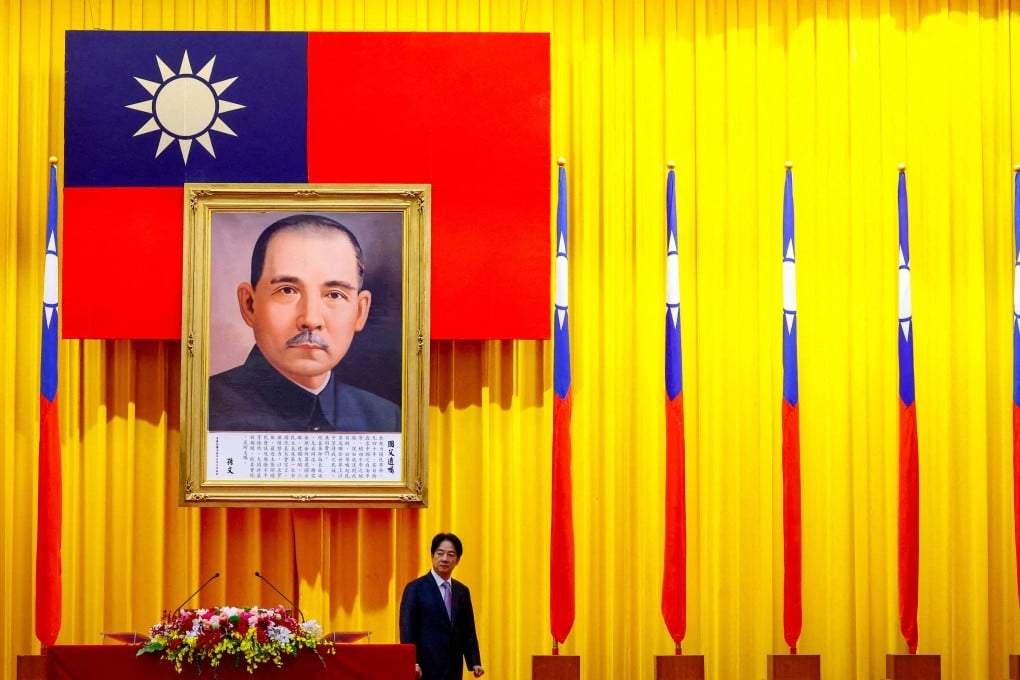William Lai pushes for Taiwanese identity to stand up to Beijing. But how far will he go?
- Island’s leader wants to rename local dialect and boost cultural pride, but analysts say he is unlikely to officially declare independence

During the Democratic Progressive Party (DPP) congress on July 21, Lai, who took office in May, called for Taiwanese people to identify with the island and to do away with the belief that Taiwan could serve as a base to “reclaim” the Chinese mainland.
Before he died in 1975, Chiang had vowed to use Taiwan as a “recovery bastion” to one day retake the mainland – a mission that was abandoned after his son Chiang Ching-kuo succeeded him and concentrated on the island’s development.
Speaking entirely in Taiwanese rather than Mandarin, which is commonly used on both sides of the Taiwan Strait, Lai said the DPP must devote itself to “ensuring that all citizens recognise Taiwan’s history and culture”.
“We must establish a national identity that the 23 million people living in Taiwan share a common destiny,” he said.
